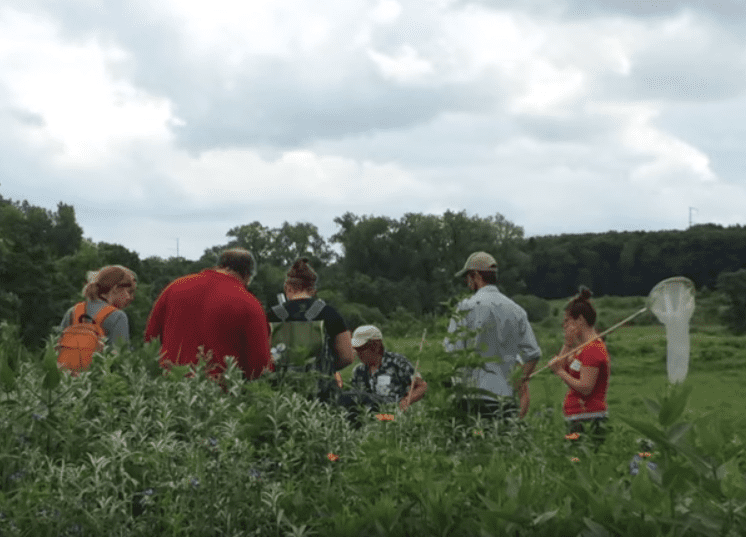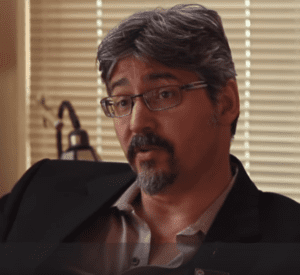
John Muir, Aldo Leopold, Gaylord Nelson…these groundbreaking environmentalists all hail from Wisconsin and are credited with a host of renowned achievements. Their work helped pave the way for the Environmental Conservation Master’s Program at the University of Wisconsin-Madison, where students become the newest environmental leaders.
The Nelson Institute for Environmental Studies offers the program in a blended format, combining online study with courses on the UW-Madison campus.
“The Nelson Institute’s program in environmental conservation is designed to train people to be leaders in the next generation of environmental conservation around the world,” says Paul Robbins, director of the Nelson Institute.
Students come to the Environmental Conservation Master’s Program with a variety of professional experiences. They gain practical skills to address real conservation challenges around the globe, preparing for leadership positions in environmental groups, government organizations, and businesses.
“It’s an accelerated program that gets people on campus, trained well, and out back into the world as quickly as possible,” Robbins says.
A life-changing experience

During the 15-month program, students spend the first summer in a tight cohort, learning on campus from world-class practitioners. In the fall, along with the professional development seminar and conservation planning course, students take additional face-to-face courses across campus in subjects like sustainable development, landscape restoration, and climate change ecology, among others. Spring offers an online component to learn tools and topics in professional practice, such as conservation GIS, program evaluation, grant writing, and legislative procedures.
To cap the program, students immerse themselves in a life-changing independent summer leadership experience that could have them working locally, regionally, or around the world. The Nelson Institute matches students’ specific interests with a long list of partner organizations, such as Earthwatch Institute, Wildlife Conservation Society, U.S. Fish and Wildlife Service, and the Wisconsin Department of Natural Resources.
Robbins stresses the Nelson Institute’s interdisciplinary approach, which prepares students to solve a wide range of problems.
“It’s a home to agriculture and life scientists, engineers, and water resource experts,” he says. “The Environmental Conservation Master’s Program taps the whole range of strengths in the Nelson Institute.”
For more information, watch the video above or see here.